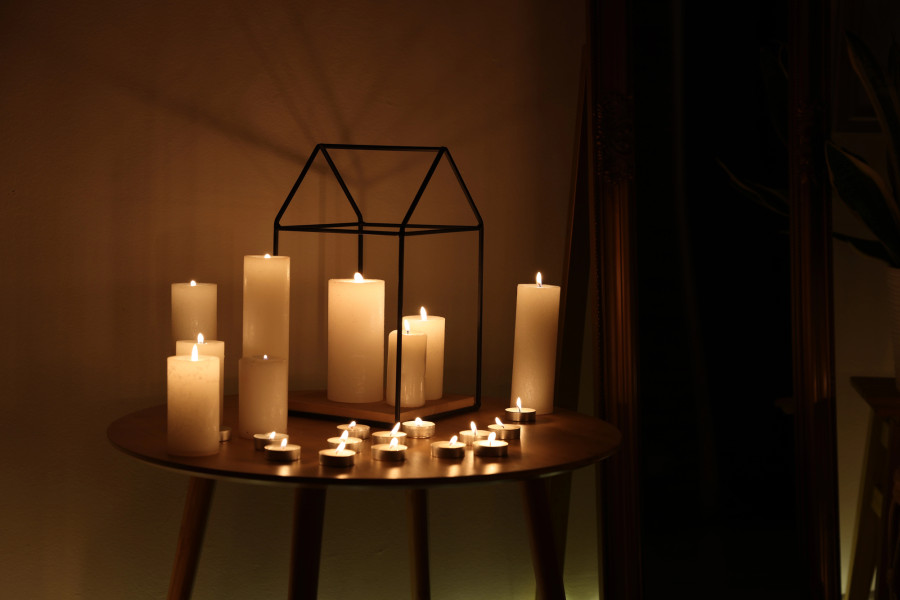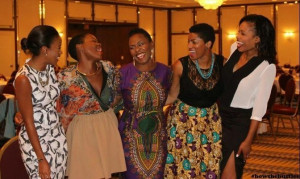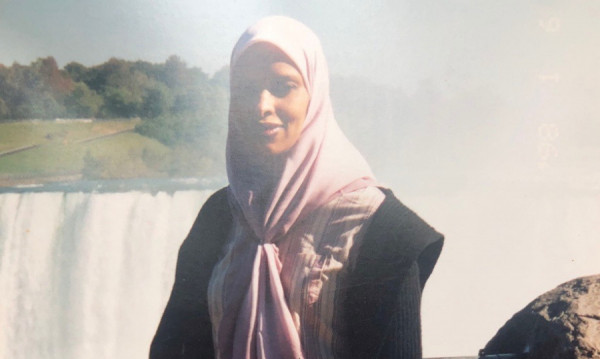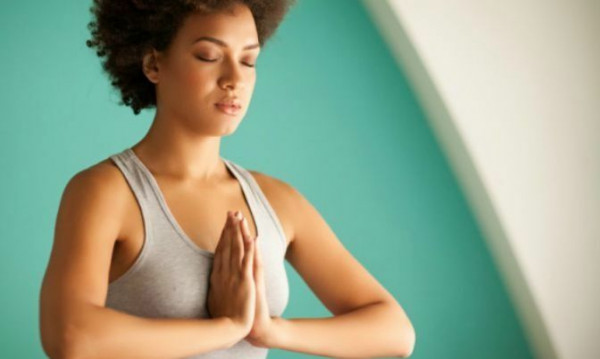There was the one I accidentally slept through, the one I spent stuck in a stalled subway train, the many before and after where I’d overdressed, overspent, or drank more than I should. This year instead I cleaned house; physically and spiritually. I put the finishing touches on my 2015 vision board. I swept. I smudged. I prayed, and then brought in the New Year sitting deep in meditation.
To borrow a turn of phrase from the divine Ms. O, one thing I’ve come to know for sure is that intention is everything. I chose to go into the New Year being intentional and consciously creating in order to set myself up for my best and Highest Good in 2015. To be fair, being intentional or any way conscious is not a requirement to create. We are always creating at any given moment. But, to be conscious and intentional is to create from a foundation that is well thought-out and solid.
I have picked up along the way some great practices that I’ve found, when followed with some consistency and intentionality, have kept me from falling off, and falling out – of alignment. 2015 is the year of being much clearer and even more consistent in practice. Feel free to join me! Here’s what I’ve learned:
Build an altar (and use it)
Chances are you already have an altar and don’t know it. Perhaps it’s above your fireplace, that spot where trinkets, family heirlooms, and photos collect dust. Perhaps you’ve made one on your dashboard in your car.
The word ‘altar’ conjures up many images, particularly for those of us raised in the Judaeo-Christian tradition, but the use of altars has a much longer history for people of African descent. Altars are a place of reverence where physical items are used to bring us into remembrance of G-d/Higher Power, as well as ancestors or those loved ones that have passed on to whom we owe our being here. In West African traditions and among many indigenous communities, prayers and offerings of food, drink and money are left. In a completely non-spiritual way for those of us who aren’t so inclined, altars simply serve to bring our consciousness into focus and provide a meditative place to centre thoughts or go within. Pouring of libation, lighting of candles, recitation of prayers, and review of devotionals are rituals that still the mind and acknowledge those things greater than ourselves. Put another way, going to your altar space can be a great way to set aside time for reflection to both start and end your day. While many traditions may debate the kinds of content you should have on your altar, I offer that it’s more important to just have one that suits you.
Meditate
While true for people of all races, I’ve found that for many of us within Black communities there can be a lot of anxiety with getting still and going inward. It’s against the ‘keep busy’ and ‘get over it to get through it’ model many of us have been trained in. Reality is, that model doesn’t work, and in its place meditation can be a powerful opportunity to recharge and heal. Easy to do, just clear time to sit (no need to do a lotus pose or burn any incense) and just sit; either in silence or with gentle music on low levels, and observe the thoughts as they move through your mind. This practice of observing, not judging or trying to edit, but simply sitting and allowing your thoughts to pass by as if watching them scroll across a movie screen, is a transformative one. 10 minutes at the top of your day as you get introduced to the practice is great, but an hour (30 minutes to start each morning and 30 minutes to end each evening) is a goal to work toward.
Write your intentions
Writing your intentions down is often mistaken for penning your goals. The difference here is all in perspective and attitude. Goals are about identifying something you don’t have but want, and then taking a series of calculated steps to acquire it. Intentions work in reverse, starting with the belief that the thing you desire is already yours, and THEN outlining the actions needed to bring that thing – out. The difference is slight, but significant. There is a believing that is foundational to setting intentions. This believing requires a resetting of our ideas of worth, and recognition that every-thing, first begins as a no-thing. Form always follows idea, ‘on earth as it is in heaven.’ As I’ve heard quoted before, ‘What you desire, desires you,’ and so in the spirit of that affirmation, you can choose to see and believe that that job is yours, or that healthier body size, or that improved relationship with your kids – and then take the steps to bring those ideas into expression.
Read to feed
This is pretty self-explanatory. Put down the newspaper, mind the kind of minds you follow on Twitter or on Facebook, and instead stock your shelves (or your Kindle) with books that fill you with knowledge, lift your spirits and give you tools for making the most of yourself. If what you’re taking in doesn’t leave you empowered, motivated, educated and more capable, then unfortunately you’re not being fed, you’re being bled. Read often and choose wisely.
Pray (affirmatively)
While there are a million and one languages people pray in, names for God people pray to, and reasons why people pray, there are only ever two types of prayer: placating and affirmative. In the New Thought tradition, prayer or spiritual mind treatment is always done rooted in the belief that the act of prayer is less for God, and more to bring our minds into right sight of the blessings already present within, among and around us. Put another way, placating prayers tend to start with a “Please” whereas affirmative prayers begin with “Thank you”. The miles wide difference between the two is the way in which one chooses to view what God responds to, and the understanding of what has already been done through and for you. This is summed up quite nicely in the excerpt from the Bible which states: "Therefore I say to you, all things for which you pray and ask, believe that you have received them, and they will be granted you.”
Participate in a (spiritual) community
To be honest, by no means do you NEED to participate in a spiritual community in order to be spiritual. Your house of worship is wherever you are, because wherever you are, God is too; dwelling in and through you. That said, and as the co-pastor of a church perhaps I am biased, but no (hu)man is an island and there are countless benefits to be had from coming together within your chosen community of faith to acknowledge the great mystery of life or God. For those who aren’t particularly spiritual or religious, the very act of coming together and doing work with others toward a goal larger than yourself sometimes has a comparable effect. But if you happen to be searching for a spiritual community that fits, questions you may consider are: Do I feel the presence of the Divine here? (Reverence) Is what is being taught here applicable to my life and present experience? (Relevance) Does this community leave me feeling more connected to the larger world, and to God? (Relationship) Is there room given here for doubts, dialogue, difference, and disagreement? (Respect) Once you get clear on the response to these four things, you can leave the rest to the test of time and trust your gut to lead you to where it is that is best suited for you.
Now I know my list is not exhaustive, and I of course could have mentioned other things like exercise and lessening unhealthy habits, but I believe that if we build (and consistently observe) a practice that supports us, the good that is ours is sure to follow. Now, here’s to our year of getting clear and consistent.
Walk good!
In Love,
David










